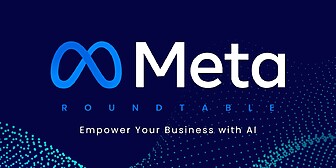Ignoring Impact of Minimum Wage Hikes Risks Jobs

“Raising the minimum wage by a substantial amount would price working poor people out of the job market.”
That’s what The New York Times said in an editorial in 1987, adding, “The idea of using a minimum wage to overcome poverty is old, honorable—and fundamentally flawed.”

Connecticut, has tried, and failed, to prove the Times wrong for many years—with at least 10 state minimum wage hikes enacted during the last 14 years.
Now, the legislature’s Labor Committee wants to raise the stakes with an increase to $15 per hour by the year 2022.
Under HB 5370, the wage would increase by $0.90 in 2018, and by $1 each in 2019, 2020, 2021, and 2022.
Never mind the consequences.
Ensuring that people can support themselves and their families is a laudable goal. But there’s a problem: It’s called the law of unintended consequences, and we are very close to that when it comes to the minimum wage.
Today’s higher minimum wage advocates also say the increase will have no effect on businesses, but requiring that employers pay a higher wage does not magically provide them with the money to do so.
Adding more costs to employers, especially small businesses, doesn’t create more jobs.
As the Times warned: “Those at greatest risk from a higher minimum wage would be young, poor workers, who already face formidable barriers to getting and keeping jobs.”
Those at greatest risk from a higher minimum wage would be young, poor workers, who already face formidable barriers to getting and keeping jobs.
And that is how some entry-level, minimum wage jobs get priced out of the market.
The best way to raise wages for employees is not through government fiat.
Far more effective is to create an atmosphere in which employers have to compete for workers—resulting in wages rising organically and driven by businesses growing.
Lawmakers should reject HB 5370 for the flawed proposal that it has always been because it has historically only hurt those it attempts to help.
For more information, contact CBIA’s Eric Gjede (860.480.1784) | @egjede
RELATED
EXPLORE BY CATEGORY
Stay Connected with CBIA News Digests
The latest news and information delivered directly to your inbox.



